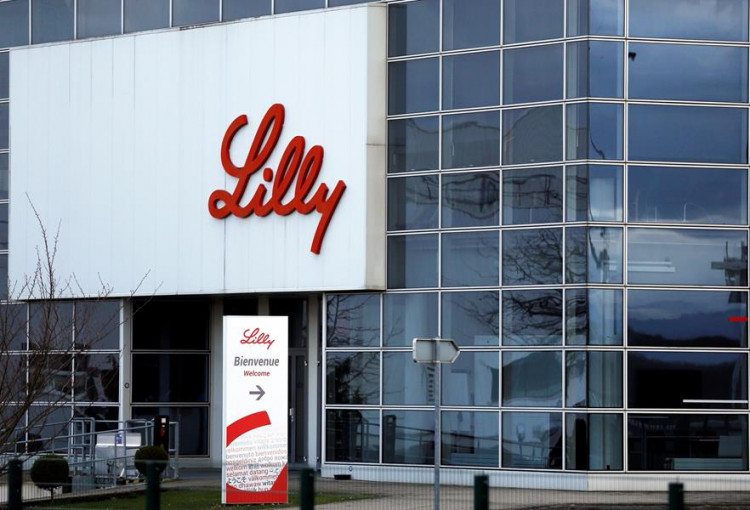Eli Lilly & Co. faced a sharp downturn in its stock price on Wednesday after the pharmaceutical giant posted disappointing third-quarter earnings and lowered its profit guidance for the year. Shares plummeted 10% in premarket trading as investors reacted to weaker-than-expected sales of the company's high-profile drugs, Zepbound and Mounjaro. The earnings miss, coupled with a slashed full-year outlook, rattled confidence in the company's performance as it grapples with supply chain issues and an unexpected hit from a recent acquisition.
For the third quarter ending on September 30, Eli Lilly reported adjusted earnings of $1.18 per share, falling well short of the $1.47 per share forecast by Wall Street analysts, according to LSEG. Revenue also came in below expectations at $11.44 billion, compared with a consensus estimate of $12.11 billion. This revenue, though up 20% year-over-year, failed to meet investor expectations, leading to the steep sell-off in Lilly's stock.
The company attributed the miss largely to lower-than-expected sales of Zepbound, its blockbuster weight loss drug, and Mounjaro, a popular diabetes treatment. Zepbound, which was projected to bring in $1.76 billion for the quarter, generated just $1.26 billion in sales. Similarly, Mounjaro's sales reached $3.11 billion, falling short of the $3.77 billion analysts anticipated. These drugs, which regulate blood sugar and appetite, have seen soaring demand in recent quarters, but supply issues have hampered growth.
Eli Lilly CEO David Ricks addressed the performance of Zepbound and Mounjaro in an interview with CNBC, acknowledging that the weaker sales were not due to supply constraints but rather a drop in inventory held by wholesalers. "The third-quarter performance of these drugs is not a function of supply," Ricks said. He also noted that the company delayed promotional efforts for Zepbound, opting to hold off on advertising campaigns until November due to concerns over customer service levels.
The company also took a $2.8 billion charge during the quarter related to its acquisition of Morphic Holding, a move that weighed heavily on its earnings and prompted a cut to its full-year profit guidance. Eli Lilly now expects adjusted earnings per share for the year to fall between $13.02 and $13.52, down from its previous range of $16.10 to $16.60. The drugmaker also lowered the high end of its full-year revenue forecast to $46 billion, down from a prior estimate of $46.6 billion.
The disappointing results have put pressure on Eli Lilly to resolve lingering production and distribution challenges for its incretin drugs, which include both Zepbound and Mounjaro. Supply issues, which have plagued the company for much of the year, have shown signs of easing, with the U.S. Food and Drug Administration recently removing tirzepatide, the active ingredient in both drugs, from its shortage list. However, compounding pharmacies have opposed this decision, raising concerns over the availability of alternative, often cheaper, versions of these medications.
In response to the supply concerns, Ricks emphasized that Eli Lilly is ramping up production capacity. "We expect incretin drug production in the second half of 2024 to be 50% higher than it was last year," he said, adding that even greater expansions are planned for 2025. The company aims to mitigate any future shortages and meet the growing demand for these highly sought-after drugs.
While the performance of Zepbound and Mounjaro was disappointing, other areas of Eli Lilly's portfolio saw growth. The company's breast cancer drug Verzenio posted a 32% increase in sales, reaching $1.37 billion for the quarter. However, sales of diabetes treatment Jardiance fell by 2%, generating $686.4 million, while Trulicity, another diabetes drug, saw a 22% decline in revenue, dropping to $1.3 billion.






